Twelve of the the world’s top apparel brands have signed a pledge to not source cotton from Turkmenistan until forced labor in the country’s cotton industry has been eliminated.
Signatories of the Responsible Sourcing Network’s “Turkmen Cotton Pledge” include: Adidas, Columbia Sportswear Company, Designworks Clothing Company, Gap Inc., H&M Group, M&S, Nike, Inc., Rowlinson Knitwear Limited, Royal Bermuda, LLC, Sears Holdings, Varner Retail AS, and VF Corporation.
Related Campaign: Free Turkmen Activist Gaspar Matalaev
Turkmenistan is the seventh largest producer and exporter of cotton in the world, but the industry is entirely controlled by the government, which compels farmers to meet cotton quotas and forces tens of thousands of citizens to harvest the crop.
“It is an egregious system. Journalists reporting on this issue are jailed, preventing the country from moving forward with a free-market system,” said Ruslan Myatiev, editor and founder of Alternative Turkmenistan News.
A press release from the Responsible Sourcing Network explains:
Turkmenistan exports the majority of its raw cotton to Turkey, Pakistan, India, and China, where the cotton eventually makes its way into many apparel products and home goods that are shipped around the world, including the U.S.
In May 2018, the U.S. Customs and Border Protection agency issued a “Withhold Release Order” stating that the importation of “all Turkmenistan cotton or products produced in whole or in part with Turkmenistan cotton” could be stopped from entering the U.S.
U.S. companies are now at risk of the protection agency stopping their products at the border if they do not take preventative measures to avoid sourcing cotton from Turkmenistan, where the entire cotton production system is tainted with forced labor of children and adults.
To date, 42 institutional investors have signed a statement urging global home goods and apparel brands and retailers to take action to address exposure to grave human rights abuses in the cotton fields of Turkmenistan.
Lauren Compere at Boston Common Asset Management added that it is a real risk for companies if they turn a blind eye to this problem.
“As responsible corporate actors, all must state their commitments against modern slavery and implement robust due diligence processes to eliminate sourcing Turkmen cotton until state-sanctioned forced labor in the market has stopped,” said Compere.
Patricia Jurewicz, vice president and founder of RSN, says these companies’ pledges do make a real difference in getting countries to act.
“Seven years ago RSN created the Uzbek Cotton Pledge,” she said.
“Due in part to the international community refusing to source cotton harvested with slave labor, we are starting to see a commitment by the government of Uzbekistan to change its antiquated and abusive system.”

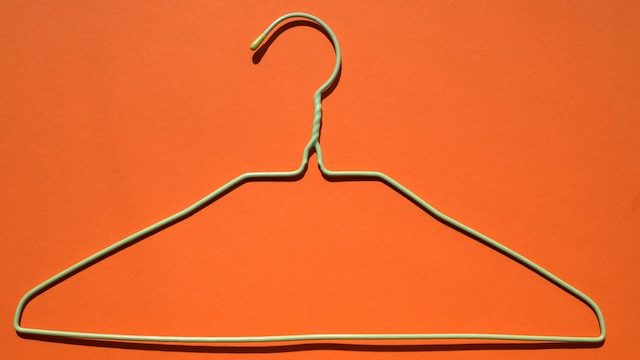
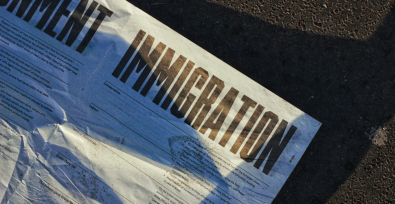
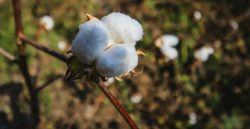

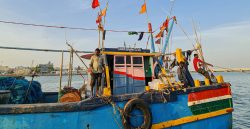
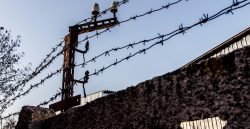
Freedom United is interested in hearing from our community and welcomes relevant, informed comments, advice, and insights that advance the conversation around our campaigns and advocacy. We value inclusivity and respect within our community. To be approved, your comments should be civil.